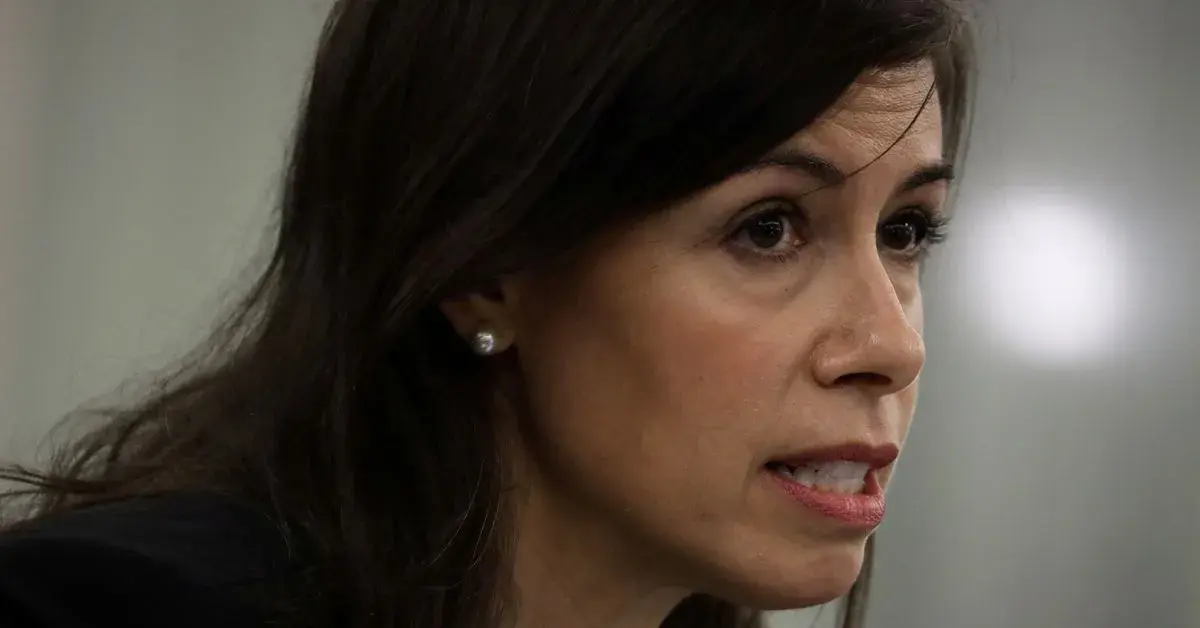cross-posted from: https://dubvee.org/post/205595
WASHINGTON, Sept 25 (Reuters) - U.S. Federal Communications Commission chair Jessica Rosenworcel plans to begin an effort to reinstate landmark net neutrality rules rescinded under then-President Donald Trump, sources briefed on the matter said Monday.
The move comes after Democrats took majority control of the five-member FCC on Monday for the first time since President Joe Biden took office in January 2021 when new FCC Commissioner Anna Gomez was sworn in.
The FCC is set to take an initial vote on the net neutrality proposal in October, the sources added.
In July 2021, Biden signed an executive order encouraging the FCC to reinstate net neutrality rules adopted under Democratic then-President Barack Obama in 2015.
The FCC voted in 2017 to reverse the rules that barred internet service providers from blocking or throttling traffic, or offering paid fast lanes, also known as paid prioritization. Days before the 2020 presidential election, the FCC voted to maintain the reversal.
Rosenworcel denounced the repeal in 2017 saying it put the FCC “on the wrong side of history, the wrong side of the law, and the wrong side of the American public.”
She plans a speech to outline her plans on Tuesday, the sources added. A spokesperson for Rosenworcel declined to comment.
In 2022, a three-judge panel of the 9th U.S. Circuit Court of Appeals ruled 3-0 that the 2017 decision by the FCC to reverse federal net neutrality protections could not bar state action, rejecting a challenge from telecom and broad industry groups to block California’s net neutrality law. Industry groups abandoned further legal challenges in May 2022.
The appeals court said that since the FCC reclassified internet services in 2017 as more lightly regulated information services, the commission “no longer has the authority to regulate in the same manner that it had when these services were classified as telecommunications services.”
Days after Biden took office, the U.S. Justice Department withdrew its Trump-era legal challenge to California’s state net neutrality law.



Net neutrality would not control that
It could. Data caps often don’t exist for big players, something individual consumers do have to deal with anymore. Net neutrality directly targets these kinds of disparities.